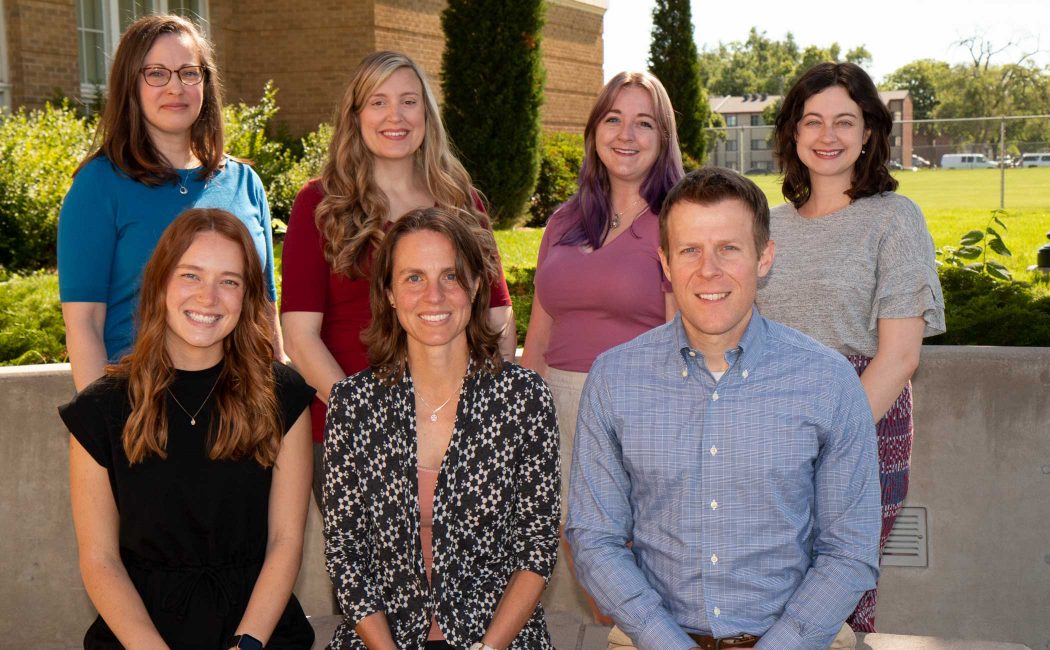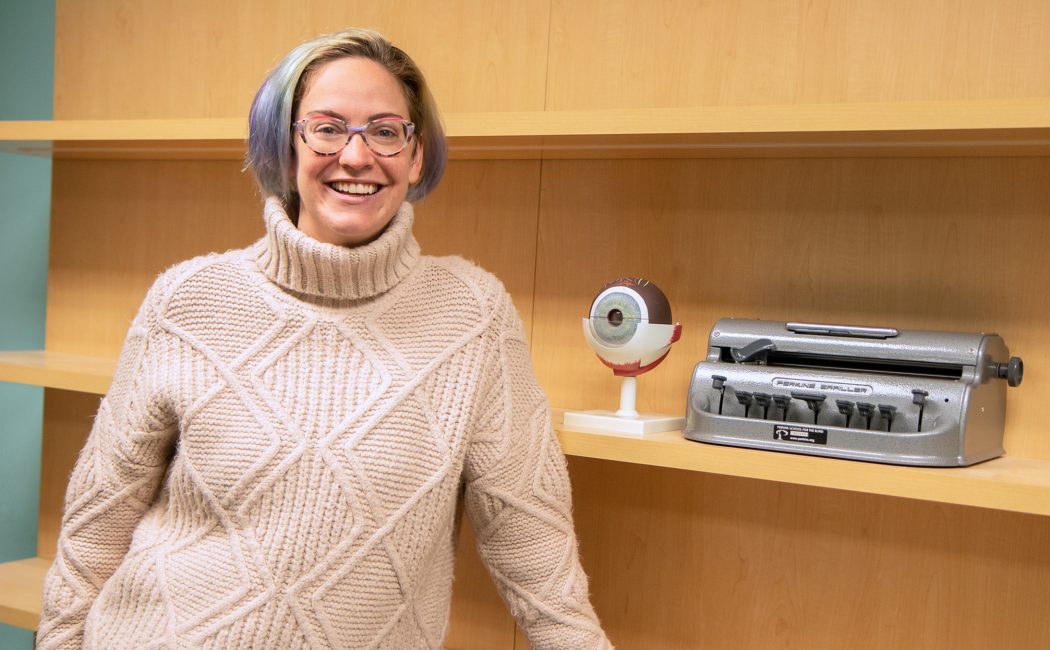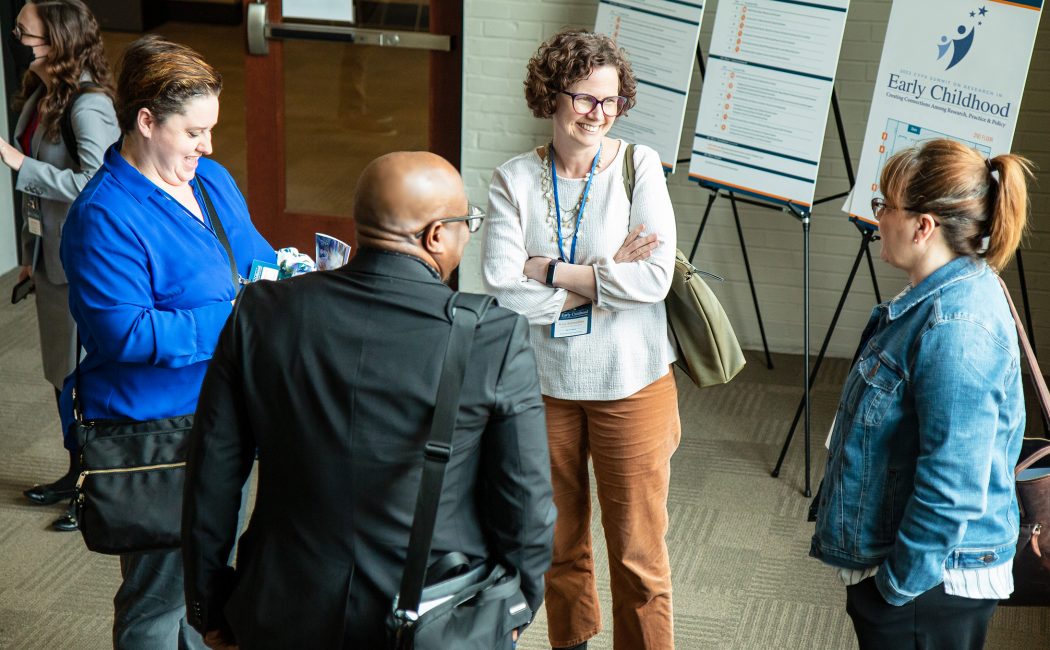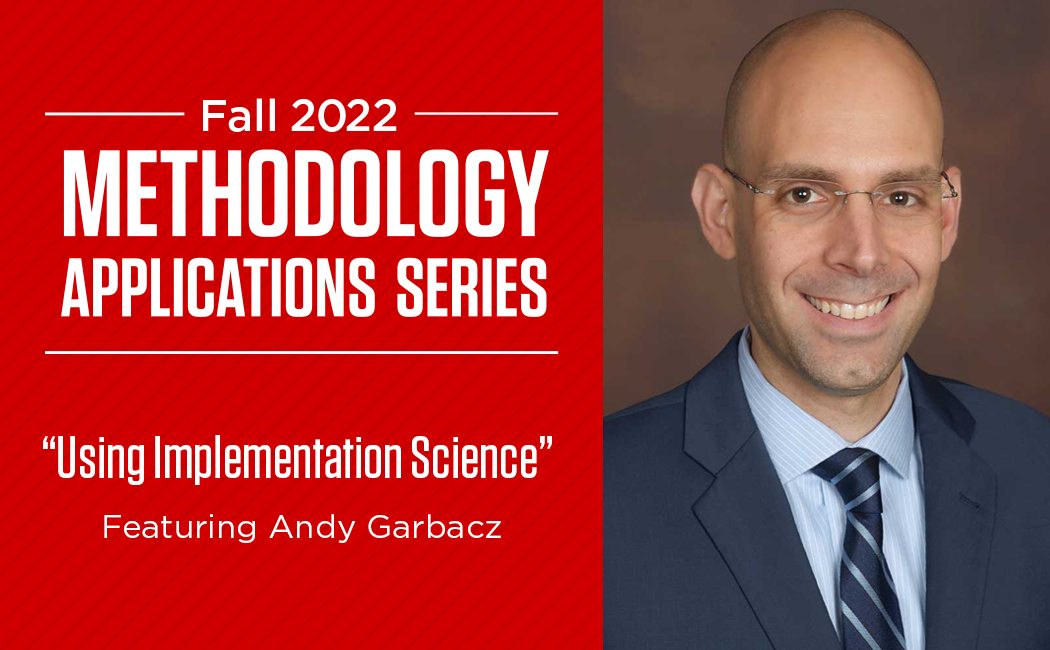 Andy Garbacz, associate professor of educational psychology and co-director of the School Psychology Program in the Department of Educational Psychology at the University of Wisconsin, led the first presentation of the Fall 2022 Methodology Applications Series Sept. 30.
Andy Garbacz, associate professor of educational psychology and co-director of the School Psychology Program in the Department of Educational Psychology at the University of Wisconsin, led the first presentation of the Fall 2022 Methodology Applications Series Sept. 30.
Category: MAP Academy
Multi-institutional study explores how students approach course work once class ends
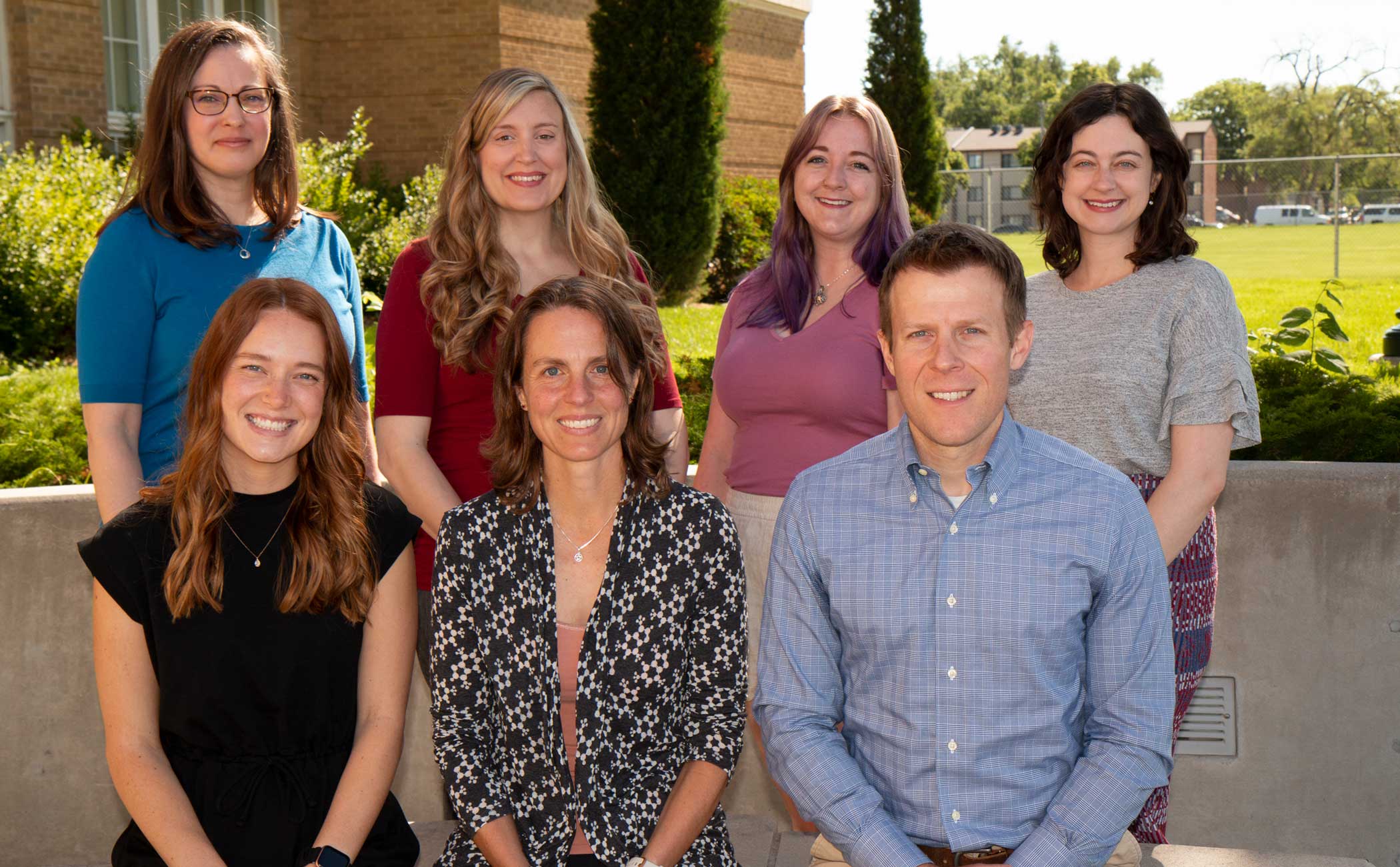
As learning environments increasingly rely on online course formats that work with busy college student schedules — particularly after disruptions caused by the COVID-19 pandemic — a better understanding of how students complete out-of-class assignments is crucial to ensuring equitable opportunities for academic success.
Interdisciplinary program takes long-range view of visual impairment instruction
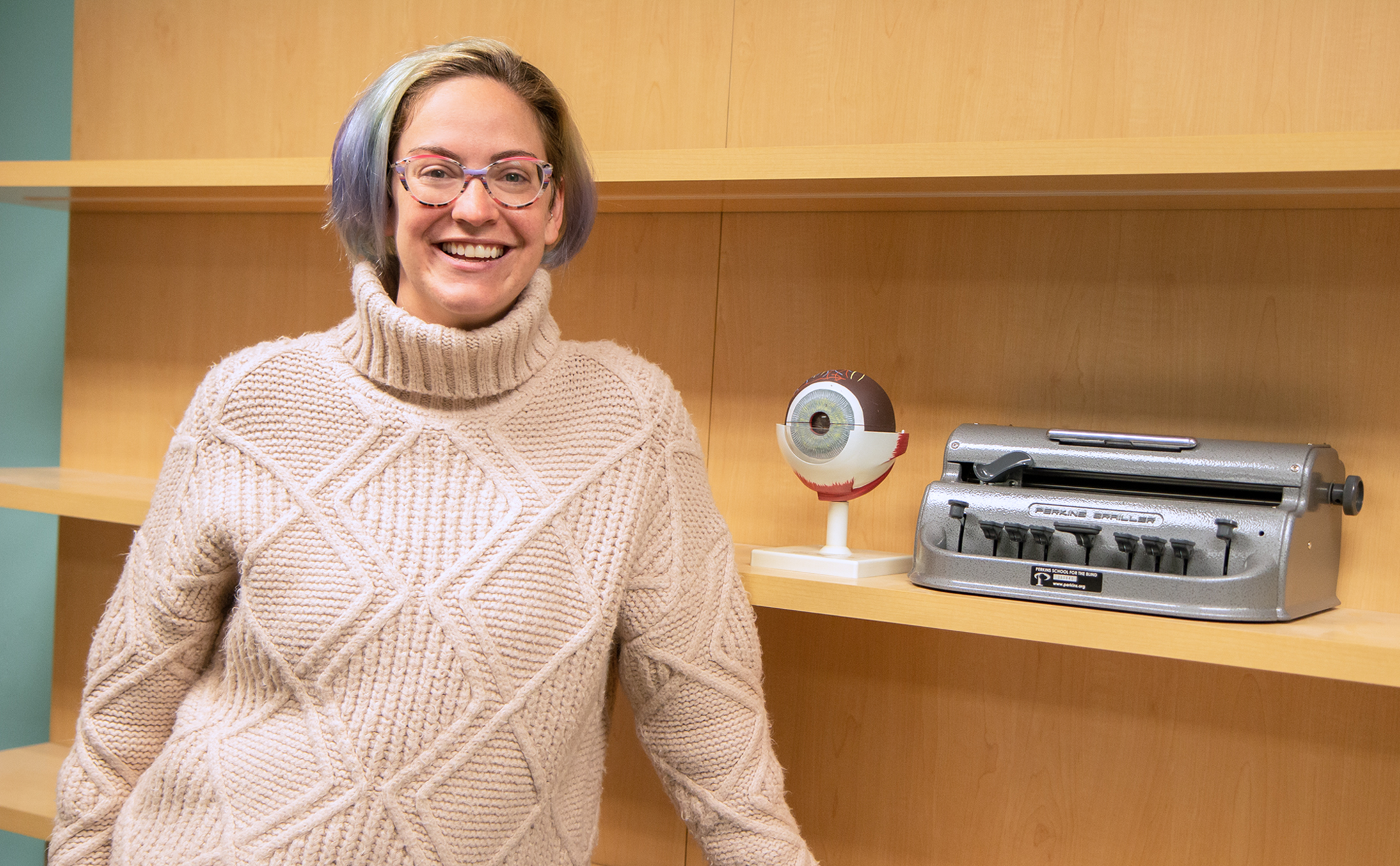
According to a recent study published in the Journal of the American Medical Association Ophthalmology, the number of American preschool children with visual impairment is projected to increase by more than 25 percent in the coming decades, with most visual impairment resulting from simple uncorrected vision problems that interfere with clear sight.
Video available for MAP Academy presentation featuring Catherine Garcia
 Catherine Garcia, assistant professor of human development and family science at Syracuse University, led the final presentation of the Spring 2022 Methodology Applications Series May 6.
Catherine Garcia, assistant professor of human development and family science at Syracuse University, led the final presentation of the Spring 2022 Methodology Applications Series May 6.
Video is now available of Garcia’s virtual presentation, “Considering Diversity and Intersectionality within Latina/o/x Aging and Health.”
2022 Summit on Research in Early Childhood helps connect research, practice, policy
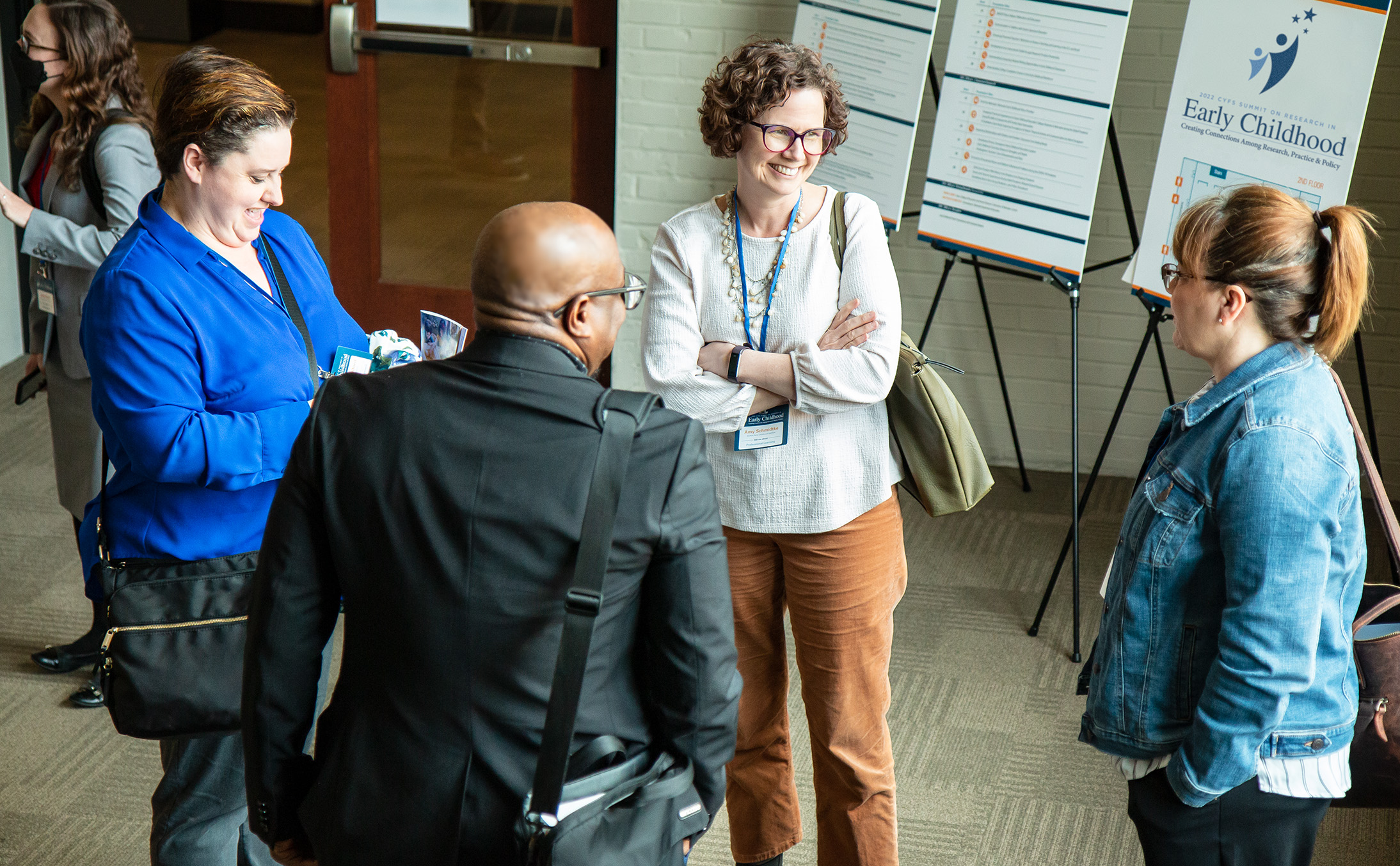
Creating connections among early childhood research, practice and policy — and how each can enhance the lives of young children and their families — provided the central theme of the 2022 CYFS Summit on Research in Early Childhood.
Nearly 200 attendees, including researchers from across the University of Nebraska system, practitioners, administrators, community partners and policymakers, gathered April 13 at Nebraska Innovation Campus for the daylong, sixth biennial summit, which highlighted the latest research to advance early childhood education and development, and implications for practice and policy.
Video available for MAP Academy presentation featuring Keyonna King
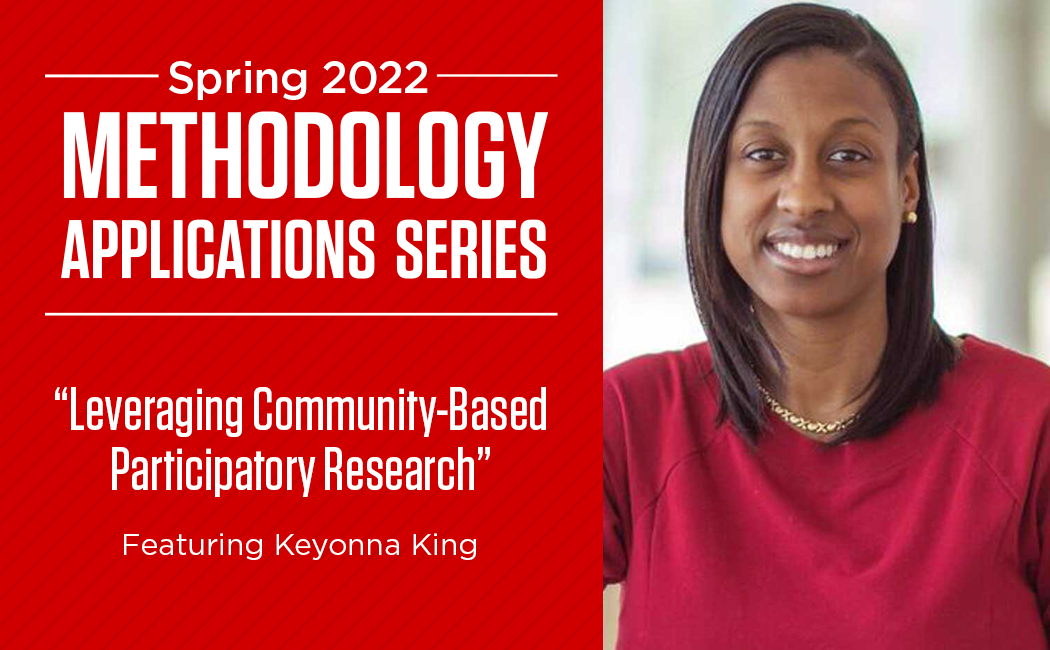 Keyonna King, assistant professor in the Department of Health Promotion, Social & Behavioral Health at the University of Nebraska Medical Center, led the first presentation of the Spring 2022 Methodology Applications Series April 15.
Keyonna King, assistant professor in the Department of Health Promotion, Social & Behavioral Health at the University of Nebraska Medical Center, led the first presentation of the Spring 2022 Methodology Applications Series April 15.
Video is now available of King’s virtual presentation, “Leveraging Community-Based Participatory Research (CBPR) to Enhance Design, Innovation and Cultural Appropriateness.”
Video available of MAP Academy presentation featuring Jessica DeCuir-Gunby
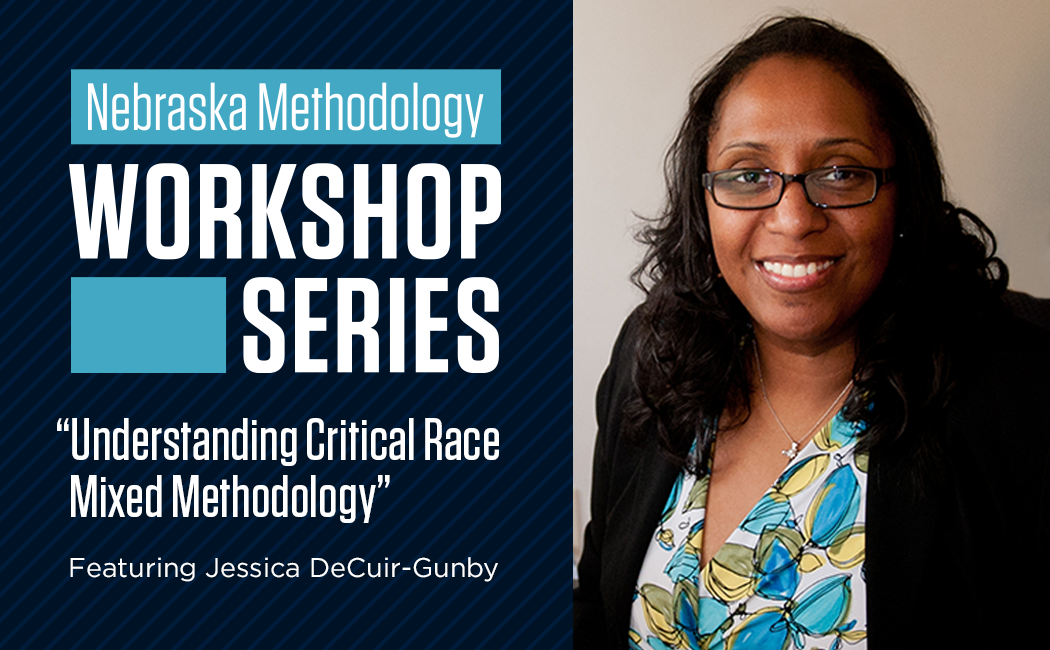 Jessica DeCuir-Gunby, head of the Department of Teacher Education and Learning Sciences at North Carolina State University, led the Spring 2022 Nebraska Methodology Workshop Series April 7 and 8.
Jessica DeCuir-Gunby, head of the Department of Teacher Education and Learning Sciences at North Carolina State University, led the Spring 2022 Nebraska Methodology Workshop Series April 7 and 8.
The two-day event was presented by the Nebraska Academy for Methodology, Analytics and Psychometrics.
Registration open for Spring 2022 Nebraska Methodology Workshop Series
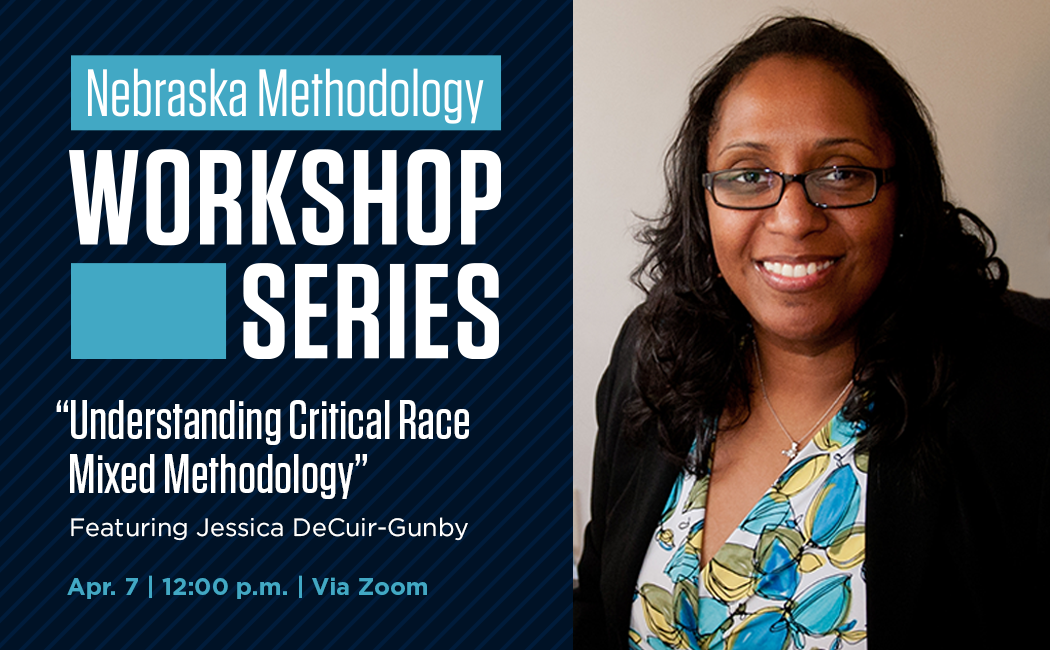 Registration is now open for the Spring 2022 Nebraska Methodology Workshop Series, led by Jessica DeCuir-Gunby, head of the Department of Teacher Education and Learning Sciences at North Carolina State University.
Registration is now open for the Spring 2022 Nebraska Methodology Workshop Series, led by Jessica DeCuir-Gunby, head of the Department of Teacher Education and Learning Sciences at North Carolina State University.
The two-day virtual event is April 7 and 8, and is presented by the Nebraska Academy for Methodology, Analytics and Psychometrics.
